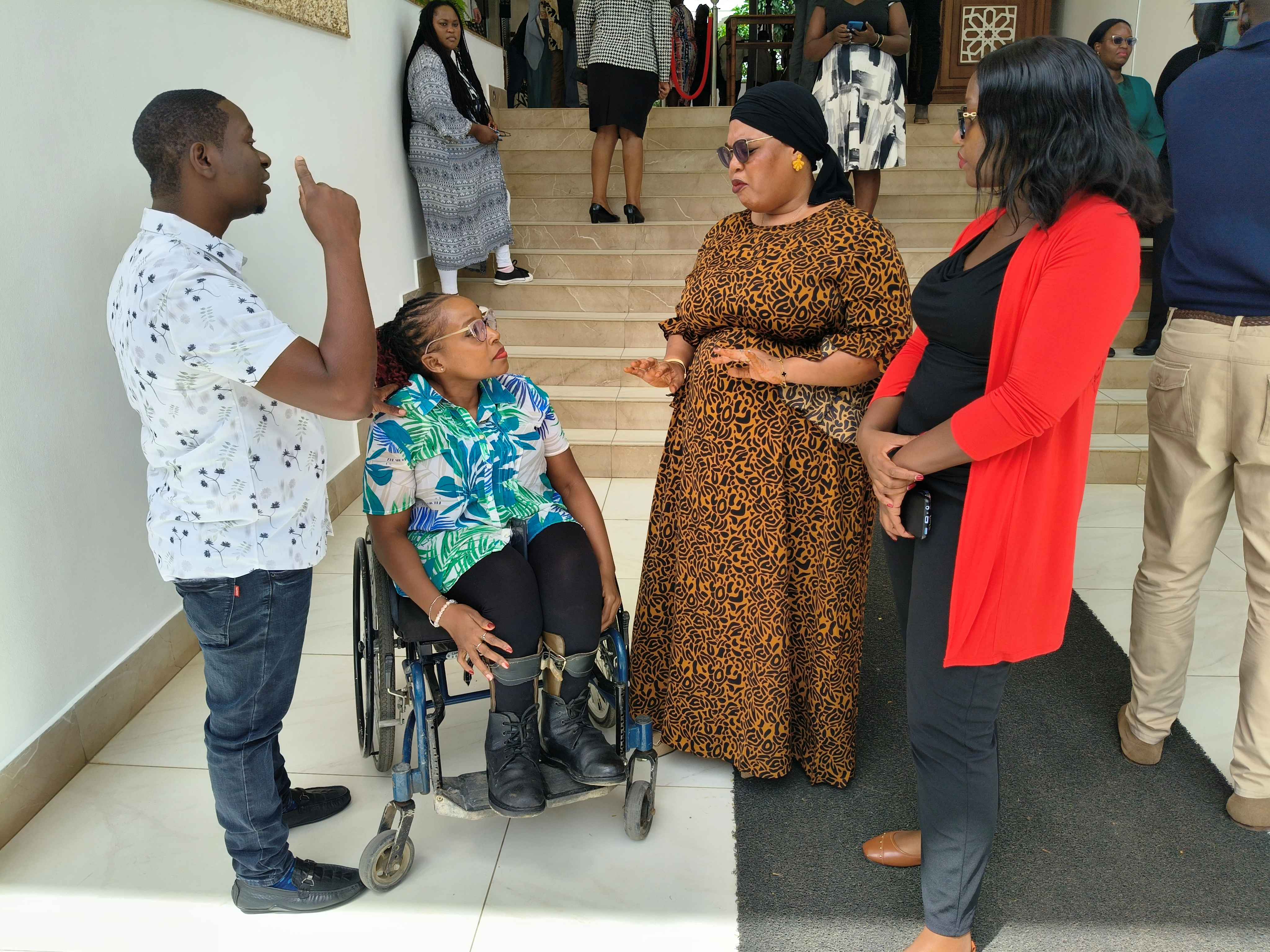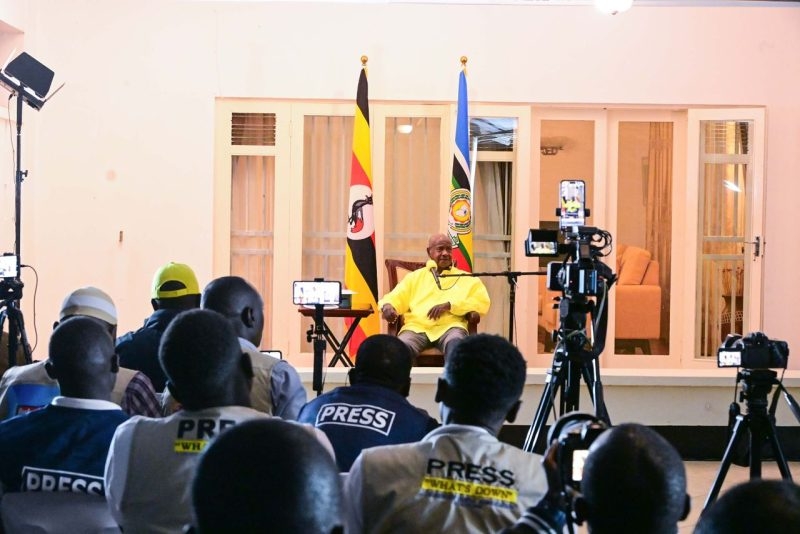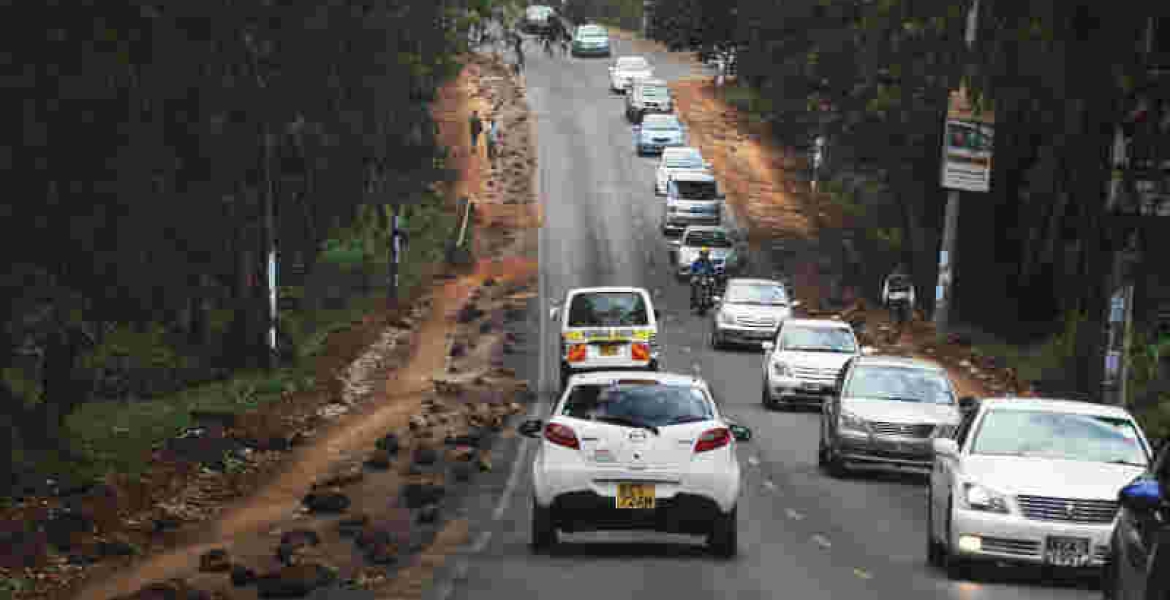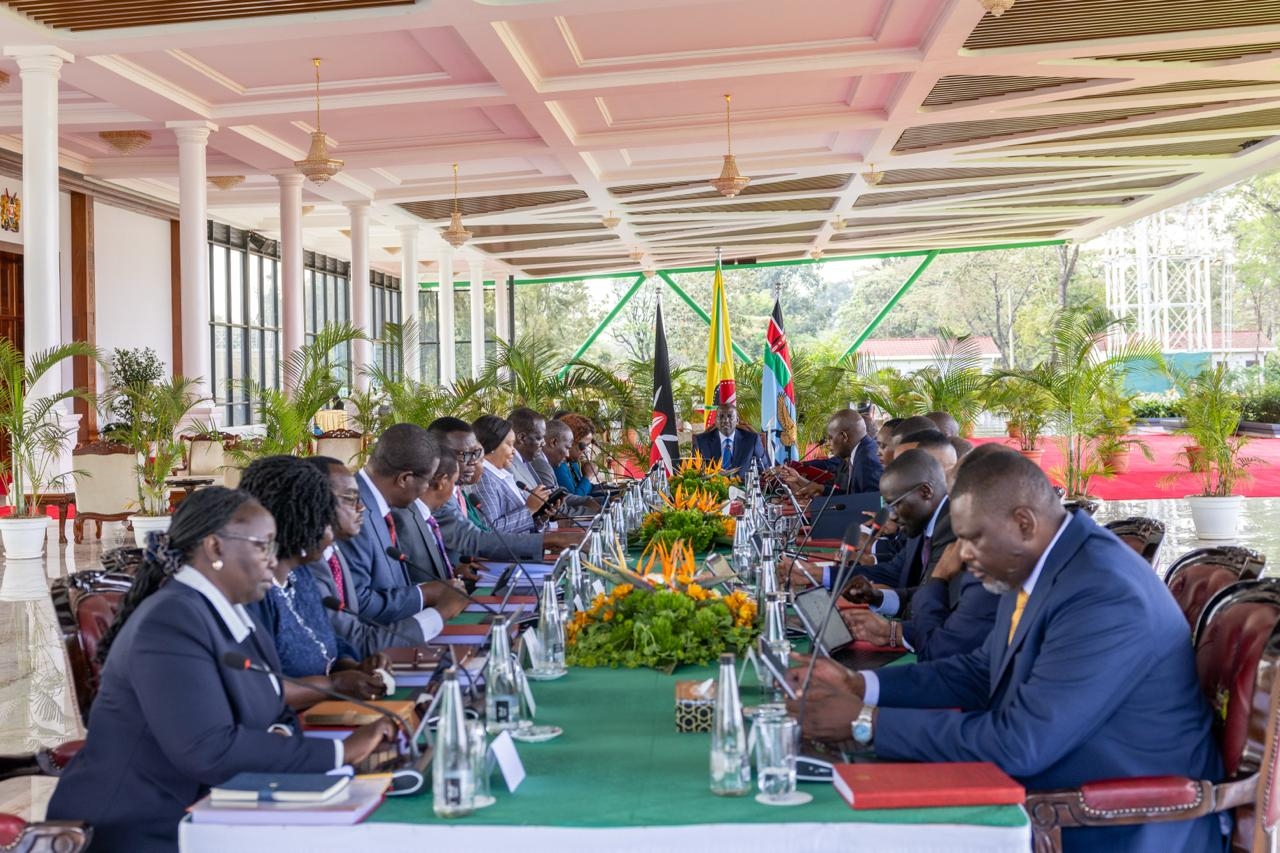

Ambrose Mwachibua,
Deborah Nzisa, Senator Miraj Abdillahi and Gladys Gatiba in Mombasa on July 30, 2025 / BRIAN OTIENO
People with disabilities have called for more facilities that support them to be made available in institutions, especially in Vocational Training Centres.
They urged the Senate to ensure policies are put in place to make their lives easier.
The British Council on Wednesday said they are working with stakeholders to ensure the availability of these facilities.
Gladys Gatiba, the Council’s Skills for Inclusive Digital Participation programme manager, said the project seeks to enhance digital skills among Kenyans, especially those vulnerable and marginalised groups.
“We have trained over 6,000 people on digital skills, both basic and intermediate, in the three counties where this programme is being implemented, including Nairobi, Mombasa and Nakuru, focusing mostly on informal settlements,” Gatiba said of the initiative, which started in 2021.
She spoke during a stakeholder engagement on the SIPD programme in Mombasa.
The council works with local organisations, Technical and Vocational Education and Training and county governments to ensure they reach out to the desired populations.
“We use existing digital hubs to train these people,” Gatiba said.
She noted that as jobs are scarce and with the e-economy thriving, equipping PWDs, youth and women with digital skills will help them access digital jobs easily.
“We use such forums to take stock of our challenges and come up with possible solutions and see how these challenges can be surmounted using the possible solutions,” Gatiba said.
Senate ICT committee vice chair Miraj Abdillahi said access to internet and digital skills remains a challenge to most people because these resources are unevenly distributed.
The digital divide, if left unchecked, will deepen existing social and economic inequalities, the nominated senator noted.
Abdillahi said although Mombasa is an urban county, it faces a unique paradox – a youthful tech-savvy population with enormous potential but limited structured pathways to participate in the digital economy.
“Women, PWDs and marginalised youth continue to face systematic barriers to entry,” she said.
Abdillahi urged the Senate to propose digital inclusion into every County Integrated Development Plan (CIDP), saying digital skills must be treated as public infrastructure like roads and water.
“Counties like Mombasa must allocate budget lines for tech hubs, digital literacy outreach and inclusive public Wi-Fi zones, especially in informal settlements.”
The Senate ICT committee is working to push national digital literacy standards certification, particularly for the TVETs and community-based institutions.
“We are reviewing legislation to ensure tech policies are gender-responsive, disability inclusive, and locally anchored. National ICT strategies must reflect the lived realities of the Coast region and similar deserving areas,” Abdillahi said.
The Senate is also working with certain counties to ensure they allocate a percentage of their funds for digital inclusion and literacy.
Omar Abdallah, the Organisation of Persons with Disability leader, said learners with special needs have challenges in learning institutions across the board.
“How many ECDs have teachers who can speak sign language? How many teachers or instructors can do braille? Our colleagues are blind but also need to go to VTCs like their peer colleagues but sometimes it becomes difficult,” Abdallah, who has albinism, said.Abdallah called on the Senate to help look for funds for counties to integrate programmes that will benefit PWDs holistically in VTCs, especially modified teaching materials.
“I’m a board member in some of the VTCs. It is very unfortunate that these VTCs are not in such a way that they can accommodate PWDs,” he said.












